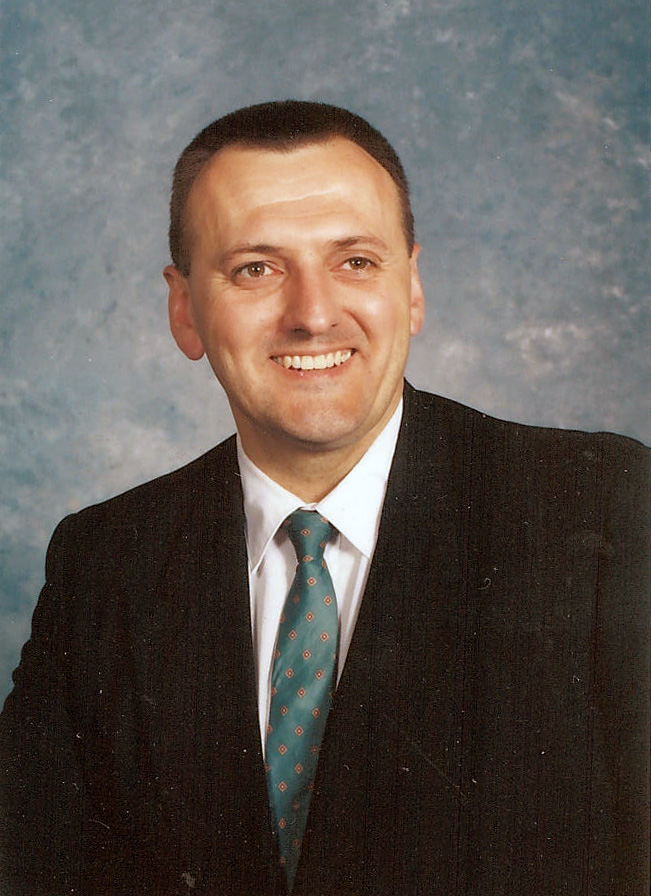Most people and politicians were astonished though financial experts and learned economists of course knew the answer. The Federal Reserve created this money out of thin air. That is what central banks do. Nothing especially new about this effort except the staggering scale and breadth of the bailouts. Who gave the Fed permission to do this? Nobody, really, not the Congress nor the President. The central bank creates its own money and sets its own priorities.
After their initial shock, some people and some politicians began to ask a taboo question. If the Federal Reserve can do this for struggling bankers, why not do something similar to help people, communities and enterprises who, after all, struggled too? Oh, no, that's not done, authorities explained. It might disturb the economy. It might undermine the soundness of the currency.
The usual evasions and denials are mostly bunk. Contributors to the following discussion seem to agree on that though they may disagree on many underlying questions, even some technical details. The central bank has posed for 100 years as a neutral technocratic institution, beyond the reach of politics, but that isn't true either. Congress created the Federal Reserve 100 years ago. Congress can alter it or abolish it whenever it finds the nerve to do so.
The Federal Reserve is fundamentally a political institution despite the mystique and its convenient cloak of independence. That perhaps sounds obvious, but I emphasize the point because the broad public has been educated into ignorance and passivity. Even the most sophisticated political players are often as clueless as we ordinary mortals. As a reporter and author, I have been challenging this myth for the last 30 years, first in Secrets of the Temple: How the Federal Reserve Runs the Country and more recently in the pages of The Nation. My post-crash ideas on reform:
http://www.thenation.com/article/dismantling-temple
http://www.thenation.com/article/178366/why-federal-reserve-needs-overhaul
I have always addressed the subject of the Federal Reserve's money-creation powers with this essential question: who owns this money the Fed creates? My answer is we the people are the owners collectively. Not the Treasury or federal government and certainly not the commercial banks that are shareholders in the 12 regional Federal Reserve Banks. This conclusion provides the crucial justification needed for eventually accomplishing what many of us seek -- a way to harness the Fed's money power to financing in the broad public interest.
Page Three
During the Bernanke regime, I found myself writing some supportive articles about the Fed's posture because it was literally the only governing institution in Washington that seemed to understand the depth of the crisis. The Fed was actively trying to stimulate the recovery when the president and Congress were obsessed with deficits and pulling in the opposite direction. Bernanke, I reported, was flirting with more radical measures but in the end he backed off. My articles were perhaps too generous and definitely too wishful. In any case, the media ignored the story.
http://www.thenation.com/article/167355/federal-reserve-turns-left
http://www.thenation.com/article/171126/can-federal-reserve-help-prevent-second-recession
So I focus on this political question ahead of arguing over
the structural design or technical aspects. We can disagree on what kinds of
projects might be eligible or what we call this "free money" or how to alter
the role of the central banking and private banks. It is clear we have
considerable disagreement on these and other questions. This casual forum is a
good start toward exploring answers. I hope the discussion is continued and
expanded. But perhaps because I dwell in
Washington DC I want to talk about a plausible path toward actually
accomplishing this great reform and what it might look like.
First, I estimate that the prospects have improved substantially because of events in the last few years. The shock effect and widespread pain from the financial collapse and sputtering economy are still quite potent among the general public. Nevertheless, it remains undeniable that there is still very little political traction for big reform of the money system. That can change rapidly if the mega-banks expose us to another calamity or the global economy tips into a full-blown deflation. In the meantime, we have small beachheads in the society where education and agitation are getting underway smartly.
My strong conviction is that our shared idea can succeed eventually (don't ask me when) but only if the objective is concretely visible and practical -- relevant to the broad ranks of citizens across the usual divisions of class and income. Therefore, I want to see ideas developing from the ground up and anchored in common experiences. In that regard, I point out that the subject of money is fraught with weird folklore and associations. It makes people nervous to hear esoteric arguments over whether money is real. It sure seems real if you have enough of it.
My point is, the political basis for achieving profound reform probably cannot start with grand abstractions but it should promise grand changes in everyday life. That could be high-speed railroads and building more bridges and highways. Or it might be a tangible program for full employment -- remunerative jobs for everyone willing and able to work. The response to global warming and other ecological threats to human existence could be the highest priority for public works. Again, the benefits must be universal -- something that everyone rich and poor will recognize as good value in their own lives.
Next Page 1 | 2 | 3 | 4 | 5 | 6 | 7
(Note: You can view every article as one long page if you sign up as an Advocate Member, or higher).





